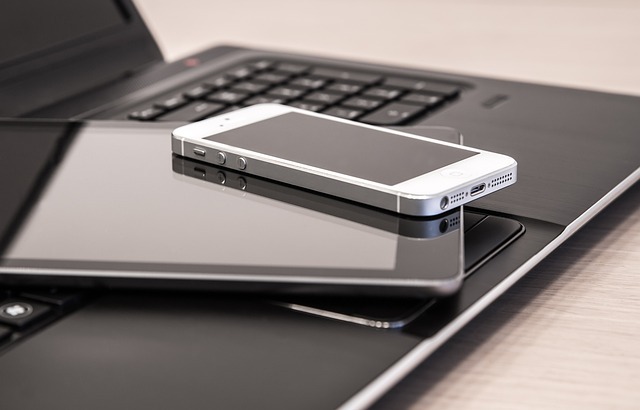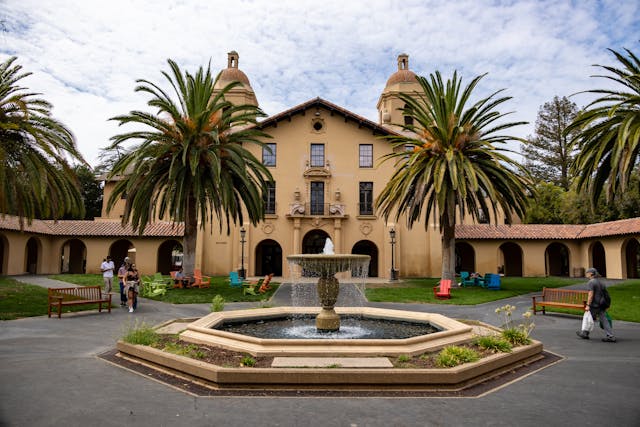Sure! Here are the main points about computers:
Main Points About Computers
- Definition:
- A computer is an electronic device that processes data and performs tasks according to a set of instructions (programs).
- Components:
- Hardware: Physical parts of a computer (e.g., CPU, RAM, hard drive, motherboard, peripherals).
- Software: Programs and operating systems that run on the hardware (e.g., Windows, macOS, Linux, applications).
- Central Processing Unit (CPU):
- The brain of the computer that performs calculations and executes instructions.
- Composed of the arithmetic logic unit (ALU), control unit, and registers.
- Memory:
- RAM (Random Access Memory): Temporary storage that the CPU uses to store data that is being processed.
- Storage: Permanent storage for data and programs (e.g., hard drives, SSDs).
- Input and Output Devices:
- Input Devices: Used to provide data to the computer (e.g., keyboard, mouse, microphone).
- Output Devices: Used to get information from the computer (e.g., monitor, printer, speakers).
- Operating System (OS):
- Software that manages hardware resources and provides services for computer programs (e.g., Windows, macOS, Linux).
- Facilitates user interaction with the computer through a graphical user interface (GUI) or command-line interface (CLI).
- Software Applications:
- Programs designed for end-users to perform specific tasks (e.g., word processors, web browsers, games).
- Networking:
- Connecting computers to share resources and information.
- Includes local area networks (LANs), wide area networks (WANs), and the internet.
- Data and Information:
- Data: Raw facts and figures without context (e.g., numbers, text).
- Information: Processed data that has meaning and context.
- Security:
- Measures to protect computers and data from unauthorized access, damage, or theft.
- Includes antivirus software, firewalls, encryption, and secure passwords.
- Applications of Computers:
- Used in various fields such as business, education, healthcare, entertainment, and scientific research.
- Enable tasks like data analysis, online communication, digital media creation, and automation.
- History and Evolution:
- Early computers were large, expensive, and used primarily for scientific calculations.
- Modern computers are more powerful, affordable, and accessible, used by individuals and organizations worldwide.
Computers have revolutionized many aspects of life and continue to be an integral part of modern society.












